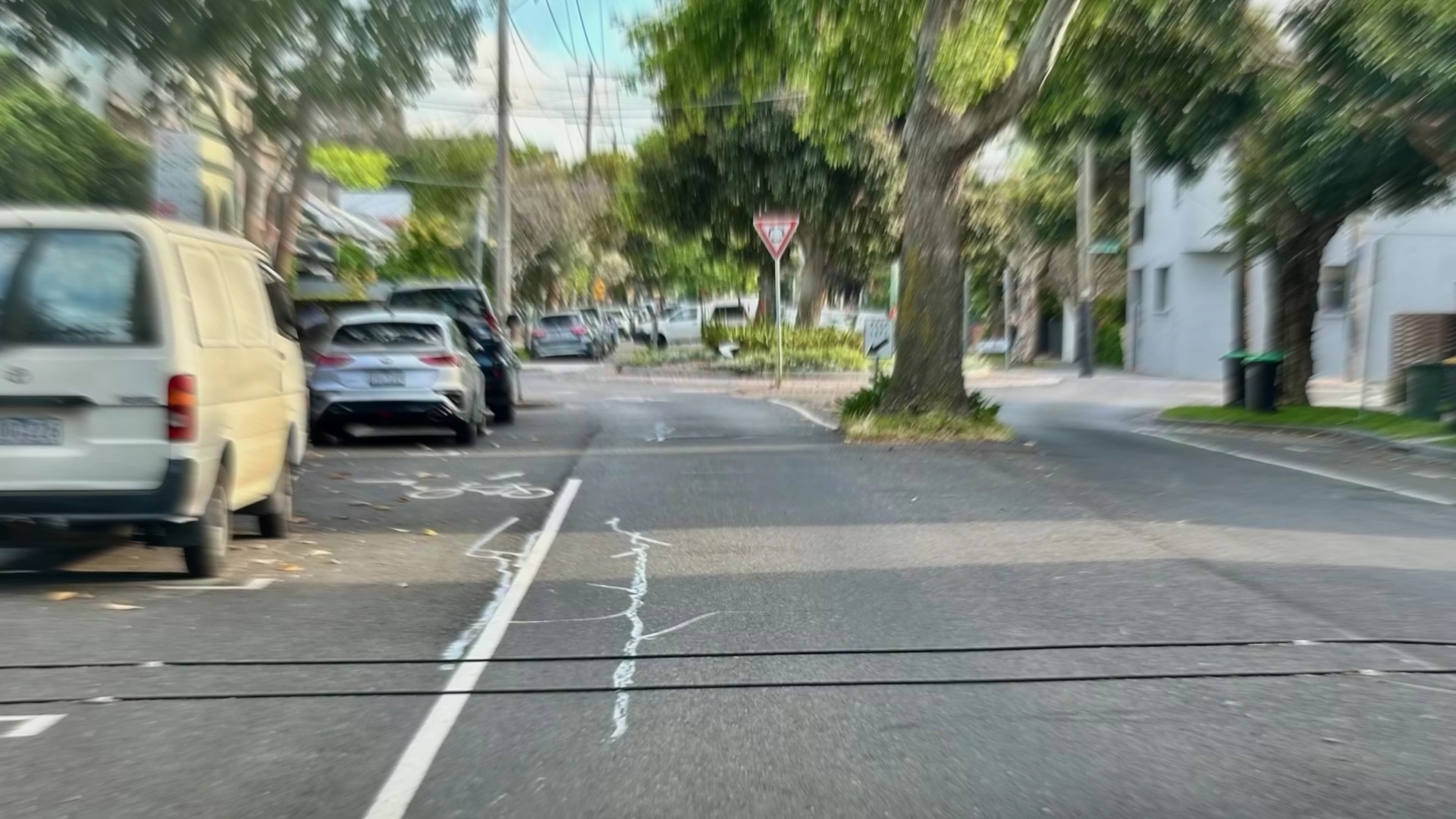Have you ever noticed two small bumps on the road, spread apart a few feet? So small, so inconspicuous, they’re easy to just roll over. But these pneumatic tubes are there for a reason.

Set by traffic engineers, these tubes collect data. Congestion, speed, and even the type of vehicle. Now, answer honestly: do you feel represented? Roads are just as congested as ever, construction is a nightmare, traffic lights are poorly timed, and potholes rise like weeds. The data is there, but it doesn’t seem to change anything.
This isn’t the only surveilance we endure. Every action we take is recorded, analyzed, and used for decision-making. From a swipe on social media to a simple credit card purchase, we are reduced to numbers. Yet, the data collected isn’t used to improve our lives.
Instead, it is used to manipulate us. To sell us products we don’t need, to push us into a mold that fits the system. When have you felt like a person? When have you felt like your actions mattered, that your voice was heard as anything more than a platitude?
I don’t want to be a statistic. I don’t want to be just another data point in a sea of numbers. I imagine this feeling is common, and with 10,000 voices crying to be heard, there’s no way to hear them all. The growth and globalization of society has, thus, forced us into a system that values numbers over people.
So, what can we do? We can start by rejecting the notion that we are just numbers. We can refuse to be pigeonholed into categories and boxes. We can demand that our data is used to improve our lives, not just to sell us products.
But more than that, it’s our job to build our own communities. To find people who listen, and create spaces where we are truly valued. Not in a patronizing way, nor out of pity or obligation, but in a way that recognizes our individuality and humanity. A two-way street where we can share our experiences, our struggles, and our triumphs.
Yet the most insidious part of this is that we are complicit. Crime statistics create distrust, and addiction to social media creates unnatainable standards. Now, most people pass each other like ships in the night. I myself am nervous, anxious to be seen as aggressive and overbearing in my attempts to connect. But I am guilty of this too, victim to the same conditioning.
I want to change that. Yet, it’s not enough to change it in myself. I am conditioned by the distrust I see in others to stay in my lane, to not reach out. It’s easy to embody the faceless statistic, to be just another number in the system. But I refuse. You should too.
That’s a long way to say: don’t be a statistic. Be more - be a person.